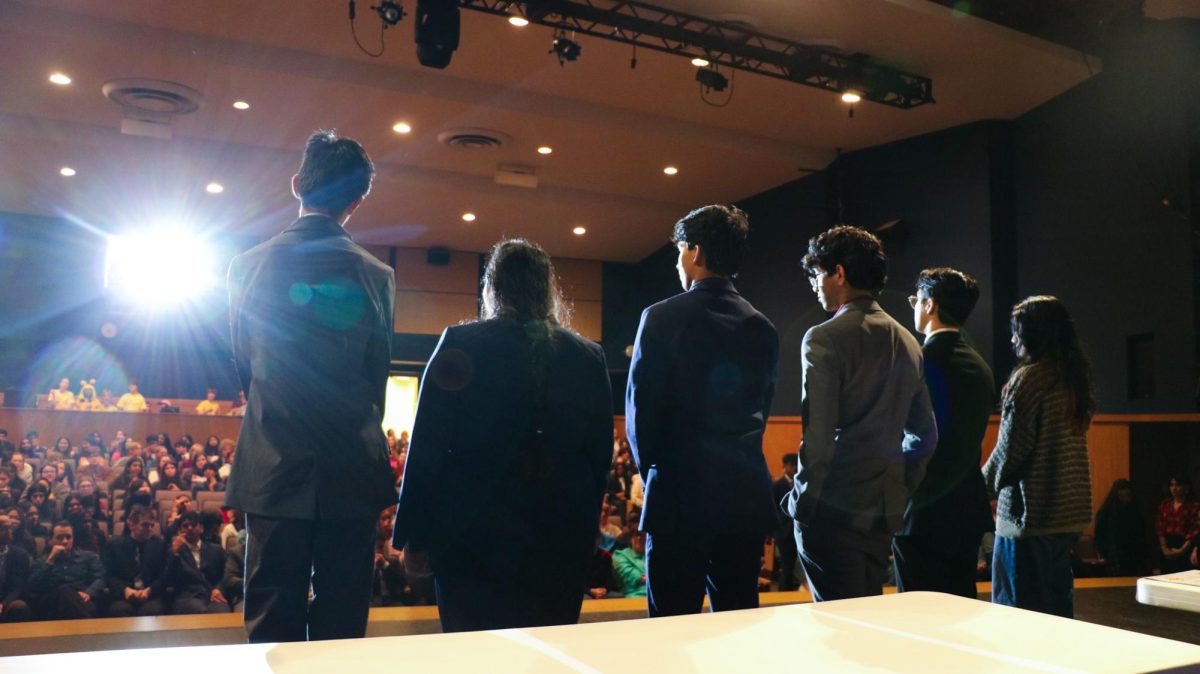Benjamin Franklin once said, “People willing to trade their freedom for temporary security deserve neither and will lose both.†In every era of American history, the same vociferous debate has raged over which freedoms, if any, the people should give up in exchange for the promises of security. Today, in light of former NSA contractor Edward Snowden’s continuing leaks about U.S. government surveillance, the issue has risen again to the forefront of the public consciousness.
This debate is particularly relevant in schools. With newspapers across the country dotted with stories of bullying-induced suicide and school violence, many have called for schools to play a greater role in their students’ online lives. Additionally, proponents of this expansion of school oversight cite the social media postings of school shooters, which in retrospect show clear signs of mental illness and sometimes threaten violence. They argue that schools need to take untraditional steps to ensure the safety and well-being of their students.
In recent years, the Clayton School District has made changes designed to make its schools safer. An effort was undertaken to increase the number of police officers, SROs, posted to the District’s schools. Cameras now stand in every hallway and around every corner. Starting later this year, CHS students will enter the building using their personalized ID card through locked doors or must pass a campus supervisor posted at the unlocked front doors.
The Snowden leaks outraged a country that believed that its government would never engage in warrantless surveillance of innocent citizens. While there is no reason to believe that the District is engaging in anything of this nature, it is certainly creating the necessary framework. The District could theoretically record which students leave school when, with who, and through which door.
At Lower Merion School District in Pennsylvania, school authorities secretly and remotely took more than 66,000 photos of students at home through the webcams of students’ school-issued laptops. The case, called “WebcamGate,†resulted in the District paying two students a total of $610,000 for infringing on their privacy. This is an example of overreach, or as Franklin would put it, surrendering too many freedoms for limited, if any, extra security.
Even though an administrator at CHS had a recent, high profile debacle involving social media surveillance of students, there is no reason to suspect anything of this nature is currently occurring at Clayton.
However, when the PATRIOT Act was passed in 2001, few expected that it would lead to the wide-scale spying uncovered by Snowden’s leaks. Twain tells us that “History does not repeat itself, but it does rhyme.†It would be prudent to keep a calm, open, and observant mind while monitoring the true extent of the District’s changes.











